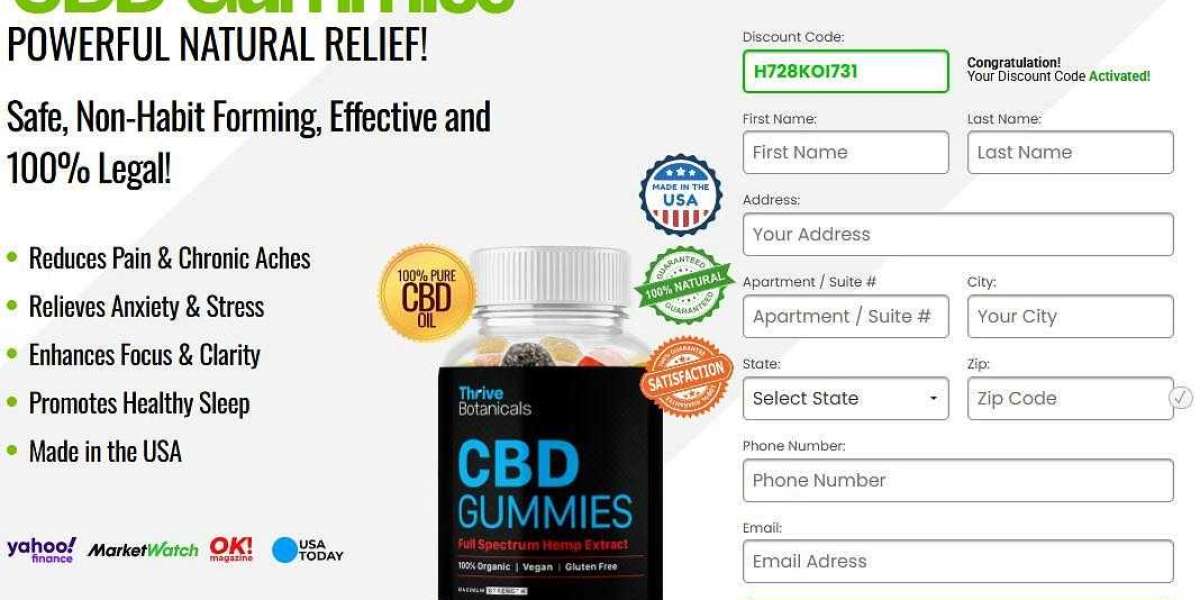A licensed pharmacist ensures that all operations, from procurement to dispensing medications, are conducted according to national and local regulations. Non-compliance in a pharmacy setting can lead to a host of issues, including legal penalties, fines, or even closure of the business. Regulatory authorities are increasingly vigilant in enforcing standards, and failure to meet them can tarnish a pharmacy’s reputation permanently. For example, dispensing prescription medications without proper oversight, storing drugs incorrectly, or neglecting record-keeping requirements can attract stringent penalties.
Beyond legal compliance, a licensed pharmacist safeguards public health. They are trained to detect and prevent medication errors, counsel patients on proper drug usage, and manage drug interactions effectively. Without a qualified pharmacist, the risk of harmful mistakes rises significantly. A single error, such as dispensing the wrong dosage or an inappropriate drug combination, can have severe consequences for patients and lead to costly legal battles for the pharmacy. The financial impact of such errors often far exceeds the cost of employing a licensed professional.
Investing in a licensed pharmacist also improves operational efficiency and credibility. Regulatory audits are common in the pharmaceutical industry, and having a qualified professional ensures that documentation, storage, and handling practices are up to standard. This not only helps avoid fines but also builds trust with patients, suppliers, and regulatory authorities. Trust, after all, is invaluable in an industry where patient safety is paramount.
Furthermore, pharmacies with licensed pharmacists are better positioned to expand their services, such as offering clinical consultations, vaccinations, or personalized medication management programs. These services can create additional revenue streams and enhance the pharmacy’s reputation as a responsible and patient-focused business. Essentially, hiring a licensed pharmacist is not an expense; it is an investment that safeguards the business and promotes growth.
At Agile Regulatory, we understand the complex regulatory landscape that pharmacies face today. Our team helps businesses ensure compliance with all legal and operational requirements, including proper licensing and pharmacist staffing. By partnering with Agile Regulatory, pharmacy owners can focus on serving their patients while we navigate the compliance processes, reducing the risk of costly non-compliance issues.
In conclusion, the cost of non-compliance far outweighs the investment in a licensed pharmacist. From avoiding legal penalties to ensuring patient safety and enhancing business credibility, a qualified pharmacist is an indispensable asset. Investing in professional expertise not only protects your pharmacy but also contributes to long-term growth and sustainability.








